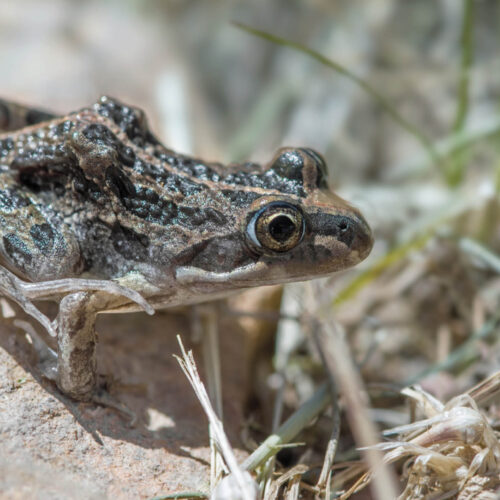Ethical investing
2019-06-20T05:26:32+10:00
How can ethical investing practices such as divestment from fossil fuels help you and the world?
Today, more than 1000 institutions, with a combined value of US$8.8 trillion ($12.7 trillion), have divested from fossil fuels, according to Fossil Free, a divestment campaign run by the climate change group, 350.org. They include universities and churches, philanthropic organisations and city councils (such as New York City), and insurance companies. Even the pension funds of entire nations are taking the same step with their investments: in 2015 Norway’s US$1 trillion sovereign wealth fund (estimated to be the largest in the world) pledged to sell most of its coal investments, and this year announced plans to partly divest from oil and gas, too.
Fossil fuel divestment is a form of ethical investment, a growing movement in which organisations and individuals invest not just to make money, but to make a difference.
“Divestment has taken off all over the world,” says Will van de Pol, asset management campaigner with Market Forces, which advocates for environmentally sustainable behaviour from the finance sector. “A huge piece of the investment market is being excluded from fossil fuels.”
Impact on the world
Ethical investment aims to not just achieve good financial returns, but to have a positive impact on people, animals and the environment, says Dr Stuart Palmer, head of ethics research at the superannuation fund, Australian Ethical.
“It’s often called values-aligned investing – helping people bring their superannuation money and other investments into line with their personal values,” Palmer explains. “Investing ethically means that you know where your money is going and the impact it’s having.”
Ethical super funds decide on a set of principles and then, based on those principles, screen the companies in which they invest.
“Using negative screening, they avoid those that don’t align with their investment principles – such as cigarettes, weapons, coal-fired mining and power and old-growth forest logging,” Palmer says.
“Using positive screening they actively seek out businesses that will shape a more positive future – such as renewable energy and health care.”
When choosing an ethical super fund (such as Australian Ethical, Christian Super or Cruelty Free Super) or a sustainable, socially responsible or ethical option within a mainstream fund, it pays to find out exactly what that fund’s principles are. After all, we don’t all agree on what’s right and wrong.
For more gardening tips and ideas get the latest issue of ABC Organic Gardener Magazine here.






